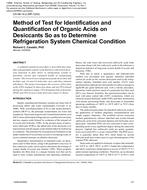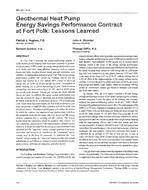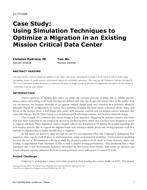It is a challenge to design buildings that are both energy efficient and healthy. The factors that contribute to energyefficient and healthy buildings are related to both indoor and outdoor conditions. For example, the airflow aroundnaturally ventilated buildings affects occupant comfort. Wind speed may also have an effect on the cooling load of airconditionedbuildings. Wind modeling is complex and predictions are often inaccurate due to unknown combinations ofvalues of variables that influence climatic conditions. The aim of this work is to increase the accuracy of wind predictionsusing measurements through a multi-model system identification approach. The success of this approach depends on thelocation and number of sensors. Therefore, an important initial step is the development of a rational and systematicmeasurement-system design methodology. The following are stages in the proposed methodology: first a sensitivity analysisis performed to determine the impact that input variables have on the output. Feature selection algorithms are employed toselect the combination of variables with the highest impact on predictions. The selected variables are then varied and adiscrete population of possible models is generated. The measurement-system design is based on the predictions of thesemodels using computational fluid dynamics. An experimental facility of the Future Cities Laboratory, called”BubbleZERO”, is used to validate the methodology. Optimal sensor configurations are evaluated for their ability toaccurately predict wind speeds and directions at other locations. These configurations have been used to demonstrate thepotential of using a discrete population of models for simulating the outdoor wind-environment of buildings.
Citation: IAQ Conference: IAQ 2013: Environmental Health in Low Energy Buildings
Product Details
- Published:
- 2013
- Number of Pages:
- 10
- File Size:
- 1 file , 990 KB
- Product Code(s):
- D-2013IAQConf-34


